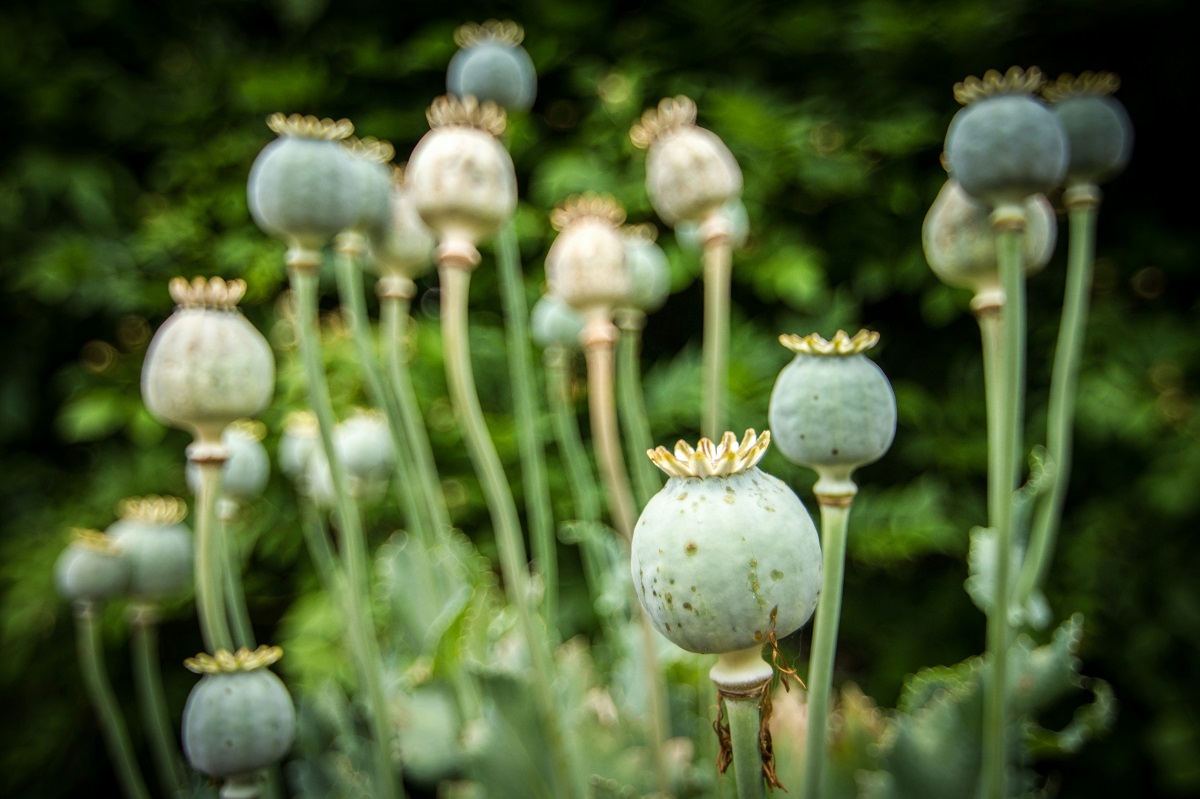Opium boom amid war in Myanmar
The UNODC reports record production in 2023 with an 18 per cent increase in land under poppy cultivation. Civil war has led to crop replacement at the expense of rice or maize. Opium is refined locally, with heroin smuggled to neighbouring countries before reaching the global market.
Bangkok (AsiaNews) – Myanmar’s ongoing civil war is fuelling opium production to fund the parties to the conflict as well as meet local demand.
Available data show the extent of the boom, which has led some areas of the country to outproduce Afghanistan, where the Taliban have imposed a ban after they seized power in August 2021.
According to the United Nations Office on Drugs and Crime (UNODC), Myanmar produced 1,080 tonnes of opium in 2023, often in remote areas of the country held by local militias allied with or rivals of the ruling military junta, up from 790 in 2022.
This huge output comes from the forests and mountains of Shan State and is turned into heroin before it is smuggled into neighbouring countries for sale on the global market for an estimated US$ 835 million to US$ 2.2 billion.
While increased production is also the result of better cultivation techniques, the civil war plays a key role, as it negatively impacts the production, storage, transportation, and distribution of food crops like rice and maize.
Historically, the opium industry has not had to face these conditions despite ups and downs.
During Myanmar’s brief experience with democracy (2011-2021), poppy cultivation and opium production and derivatives saw a substantial decline, but after the military coup, the latter have become easier and more profitable with fewer risks of fallout from the civil war.
In fact, the area under poppy cultivation in Myanmar jumped by 18 per cent in 2023 to an estimated 47,000 hectares.
Given the geography (regions that are hard to reach and control) and major local and transnational interests, poppy cultivation never ceased while local criminal groups have had the opportunity to make huge profits with little fear from the authorities who often ignore what is happening.
Currently, a farmer can earn more than US$ 325 per kilo of opium resin, something attractive to people, like farm workers, who might earn at best 250,000 kyat (US$ 120) a month and have to look for alternative sources of income out of necessity or unemployment.
15/03/2022 11:50
03/02/2021 10:50







.png)










